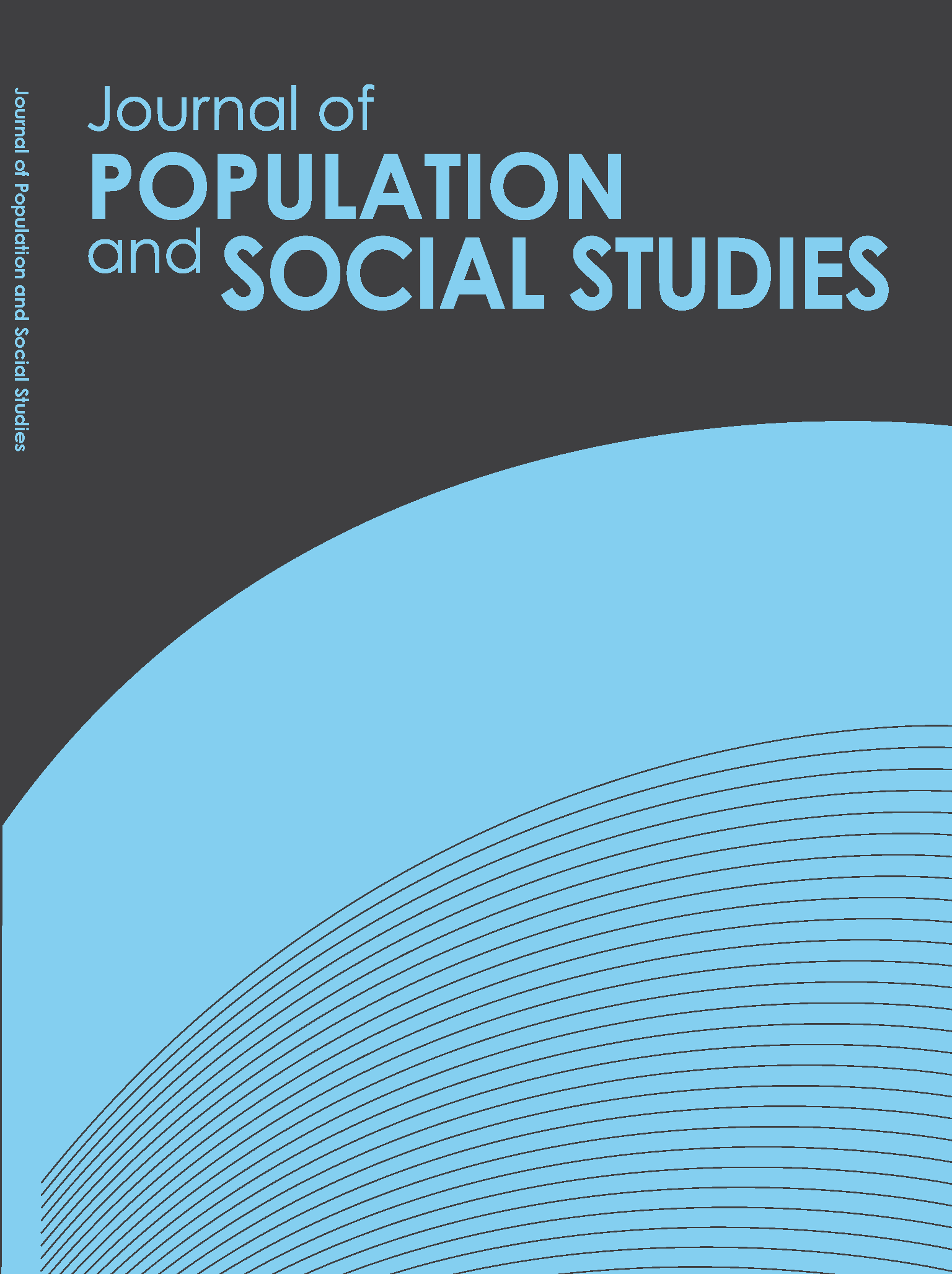Equity in Health Care Utilization of the Elderly: Evidence from Kanchanaburi DSS, Thailand
Main Article Content
Abstract
Due to higher prevalence rates in chronic and disabling conditions, the elderly require more healthcare services than the younger population. The Universal Health Care Coverage Scheme or the “30 Baht for All Treatment Policy” has been implemented to enhance the efficiency of the healthcare system for all population groups.
This study investigates the reformed policy that aims to improve the inequity of healthcare services utilization by using data from the 2000 and 2004 rounds of the Kanchanaburi Demographic Surveillance System of the Institute for Population and Social Research, Mahidol University.
Panel data was analyzed from the same elderly samples aged 60 and over
totalling 2,213 persons. The probabilities of health care services utilization were predicted by using the multiple fixed effects logistic regression panel model. The horizontal inequity index was used for measuring equity in healthcare utilization. The results indicate that both unavoidable factors (such as age and sex) and avoidable factors (such as economic status) affected healthcare services utilization. After this policy has been implemented, the elderly with a “30 Baht card” were significantly more
likely to use healthcare services than non-card holders. Moreover, the wealth index is significantly associated with healthcare services utilization, and pro-rich and urban-rural inequity in healthcare utilization still exists.


